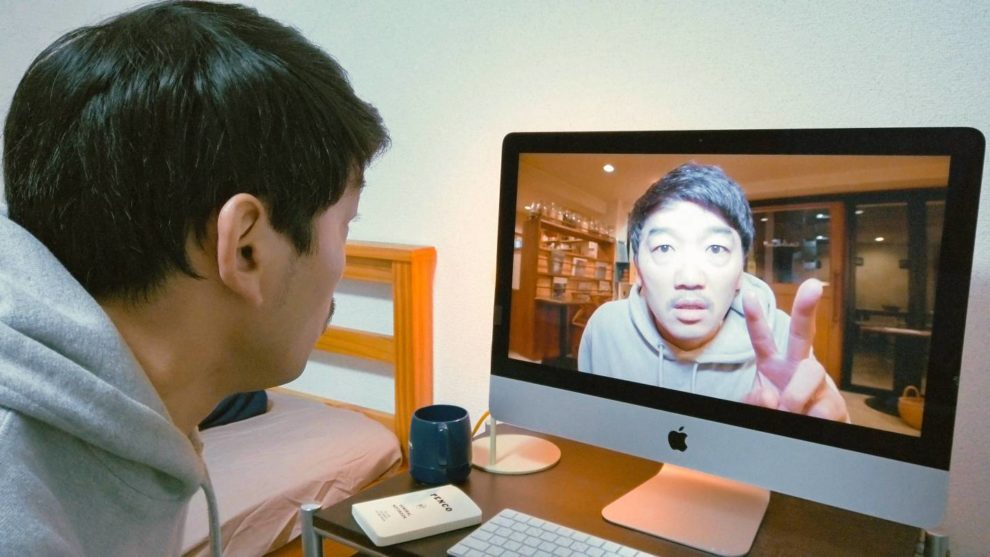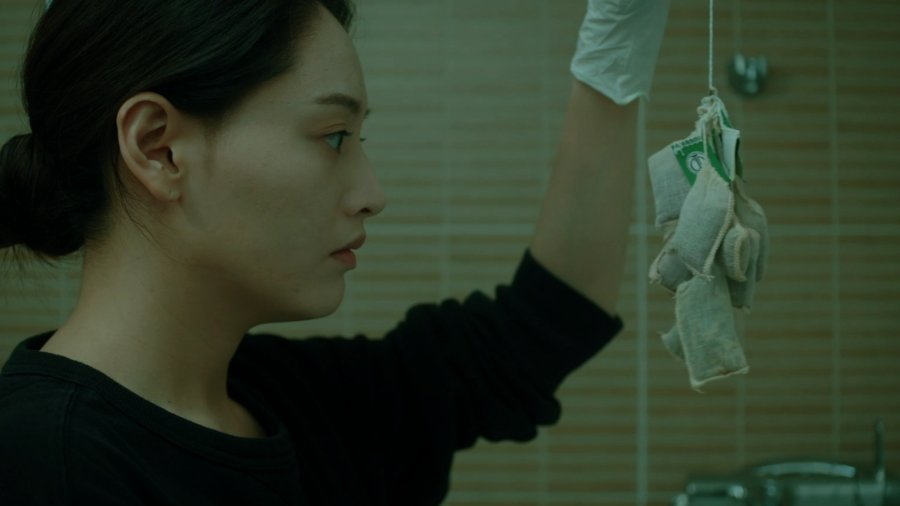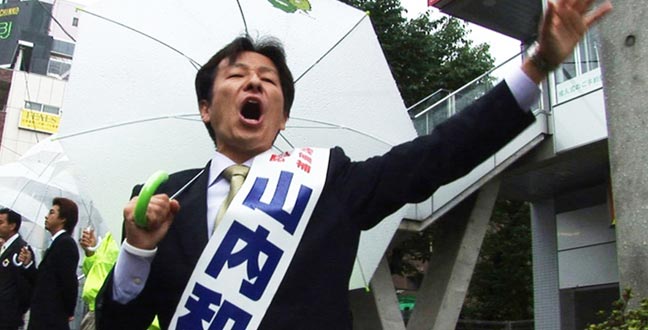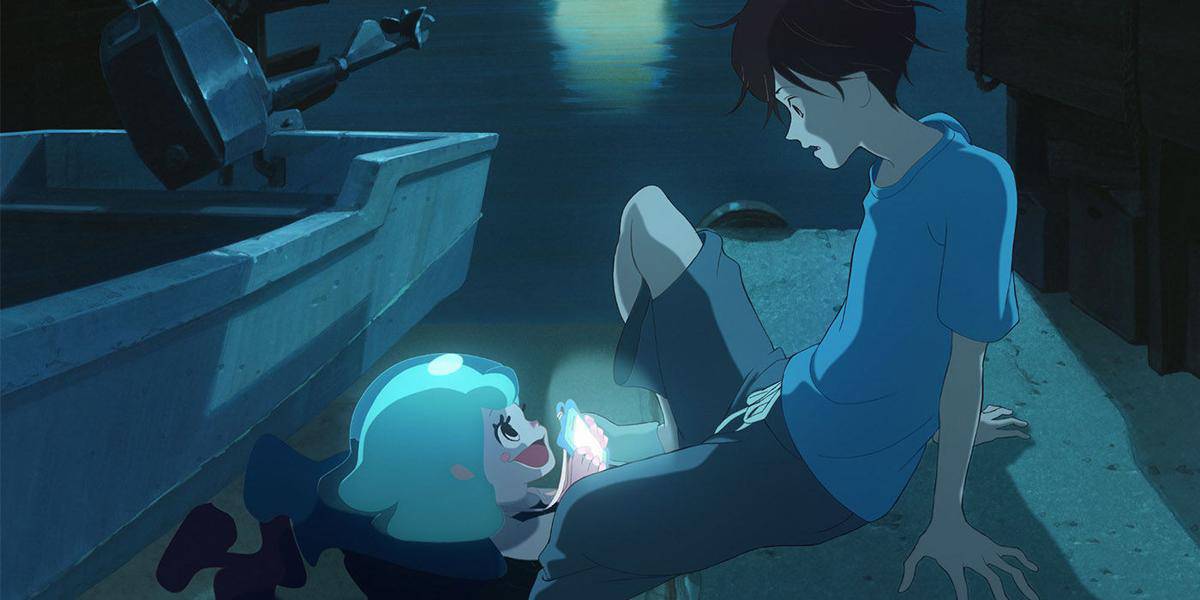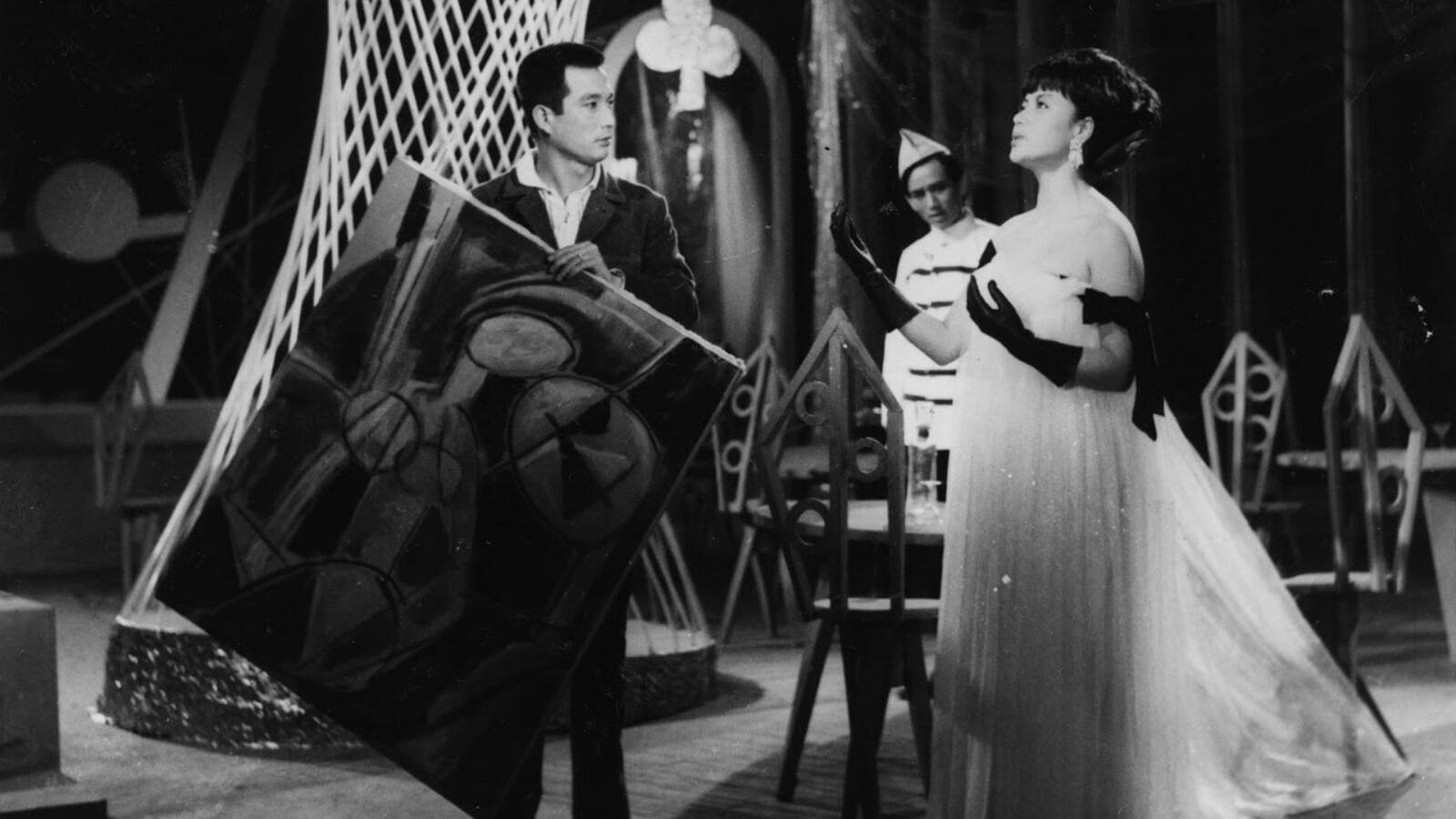While the concept of a science fiction movie seems out of reach for a small independent production, at least in with regard to the budget you would have to secure before you can even think about the actual filming, there have been many directors who have ventured into the genre, despite its financial challenges. Especially the idea of time travel has been at the core of many independent productions that have made quite an impact with international audiences, such as Shane Carruth's “Primer” or James Ward Byrkit's “Coherence”. For his feature debut, editor and DVD producer Junta Yamaguchi also decided to explore the theme of time travel, utilizing his experience as part of a theater group for many years, in “Beyond the Infinite Two Minutes”, telling the story of a Tokyo coffee shop owner who notices something quite strange going on with his PC monitor showing the inside of his business.
Beyond the Infinite Two Minutes is screening at Nippon Connection

After a pretty normal day at work, café owner Kato (Kazunari Tosa) decides to leave the rest of the cleaning up to his employee, Aya (Riko Fujitani) while he goes to his apartment above his shop to unwind. However, as he is about to take out his guitar and play a few tunes, he notices something strange happening on his PC monitor, which supervises what happens in the café. All of a sudden, he is addressed by himself through the monitor, claiming he has traveled in time, two minutes into the future. Believing it a prank staged by his friends, Kato goes back to the shop only to see himself, a few minutes ago, in his apartment, while he tries to explain his past-self what he has found out.

Fascinated by what he has found out, Kato does not notice Aya observing him, and eventually understanding what seems to have happened to her boss or why he has been behaving to strangely in the last few minutes. As more of Kato's friends hear about the “Time-TV” as they call it, they explore other possibilities, most importantly, how to expand the duration of time covered by the device. However, as they become bolder, Kato begins to question what they are doing on how it might interfere with other people's lives – a thought which comes too late when a few local thugs are involved in their experiment.
As with many other stories dealing with time travel and its possibilities, Yamaguchi also ventures into the philosophical layers of the topic, albeit without abandoning the overall comedic premise of his feature. There is something very entertaining about the group which, little by little, gathers in front of the two monitors, taking pleasure in performing tricks for their past/future counterparts or simply being fascinated by something they stumbled upon. Given its minimal setting and the believable chemistry between the actors, perhaps this is where Yamaguchi's experience from the theater comes into place, as he quite creatively uses the restricted space, while still maintaining a certain level of complexity which comes with the theme of time travel – albeit with a few minor logical errors.
Apart from the “game with time” that the characters start to play, one of the key ideas Makoto Ueda's script explores is how a person plays a certain role in their life. Considering they have the ability to travel in time, or rather see the future, there is something quite interesting in the way the characters do not change their behavior or statements in the future they have seen, because of their fear of disrupting time itself. Kato is the first to express his “fear of the future”, how you may be unable to change certain events or wait for something to happen which was predicted, thus making the prediction take control over your lives. “Beyond the Infinite Two Minutes” manages to balance these heavy themes with a light hearted tone, showing the infinite possibilities of a person to divert from what is perceived as predicted.
In the end, “Beyond the Infinite Two Minutes” is a light-hearted time-travel movie. Despite some minor logical errors, Junta Yamaguchi manages to keep the balance between entertainment and deep philosophical questions, which is also thanks to the clever usage of the minimal setting and the great cast he has assembled for his first feature.


